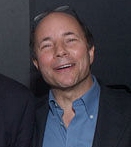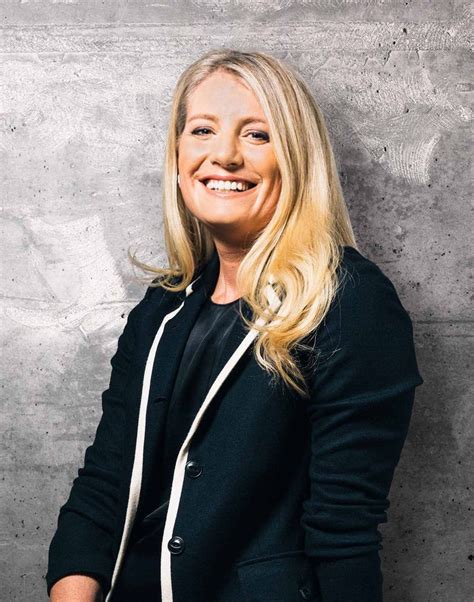A Quote by Peter Weir
I've become wary of interviews in which you're forced to go back over the reasons why you made certain decisions. You tend to rationalize what you've done, to intellectually review a process that is often intuitive.
Related Quotes
What I feel is that the picture-taking process, anyway a greater part of it, is an intuitive thing. You can't go out and logically plan a picture, but when you come back, reason then takes over and verifies or rejects whatever you've done. So that's why I say that reason and intuition are not in conflict-they strengthen each other.
One of the significant reasons why women who are trafficked and forced to work as prostitutes often don't want to come forward is because they're worried they'll be deported. If the police are certain that a woman has been trafficked and forced into prostitution, then perhaps we should automatically allow her citizenship.
In their zeal for particular kinds of decisions to be made, those with the vision of the anointed seldom consider the nature of the: process: by which decisions are made. Often what they propose amounts to third-party decision making by people who pay no cost for being wrong-surely one of the least promising ways of reaching decisions satisfactory to those who must live with the consequences.
The reality of the Life Review is becoming part of our every day understanding. We know that after death, we have to look at our lives again; and we’re going to agonize over every missed opportunity, over every case in which we failed to act. This knowledge is contributing to our determination to pursue every intuitive image that comes to mind, and keep it firmly in awareness. We’re living life in a more deliberate way. We don’t want to miss a single important event. We don’t want the pain of looking back later and realizing that we blew it, that we failed to make the right decisions.
I'm fortunate to have an amazing, strong mother who is so supportive of everything me and my sisters did growing up - but she was someone who never forced us to go swim or to go do this or that. She helped us think about certain consequences when we needed to, but we made our own decisions. I think if I were forced to swim, I wouldn't have stayed in the pool as long as I did.
It's understandable that the music companies that are comprised of people that are successful by making good creative decisions - they have to decide which out of fifty artists is the next hot one, with no data to go from. It's an intuitive process, and that's what they do well when they're successful. They don't understand technology.
If you hear a good idea, capture it; write it down. Don't trust your memory. Then on a cold wintry evening, go back through your journal, the ideas that changed your life, the ideas that saved your marriage, the ideas that bailed you out of bankruptcy, the ideas that helped you become successful, the ideas that made you millions. What a good review-going back over the collection of ideas that you gathered over the years. So be a collector of good ideas for your business, for your relationships, for your future.
Artists tend to be people of strong character and opinion. Often they are dismissed in our culture if they don't fit a certain mainstream media mold. It's a reason why filmmakers are now releasing films online. Art, in any form can invoke various emotions and actions. I think some can be frightened of the power that a simple image can invoke and that's why they tend to shy away from it. But art documents moments in our history and that image is often what many people remember of a certain time.
A career is measured over the course of the years, not moments. Over good decisions, over successes, not moments, failures, missteps, or bad comments. I learned that I needed to take a step back and look at my career not in that one moment that made me feel really bad, but what I had done not even in the past one or two years or last one or two hires, but that that career is built over many, many, many, many successive quarters and years and good decisions - never, ever made in that one moment where you felt really bad.
I think everyone who makes movies should be forced to do television. Because you have to finish. You have to get it done, and there are a lot of decisions made just for the sake of making decisions. You do something because it's efficient and because it gets the story told and it connects to the audience.






































